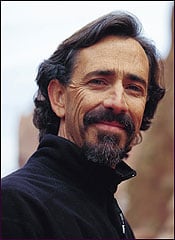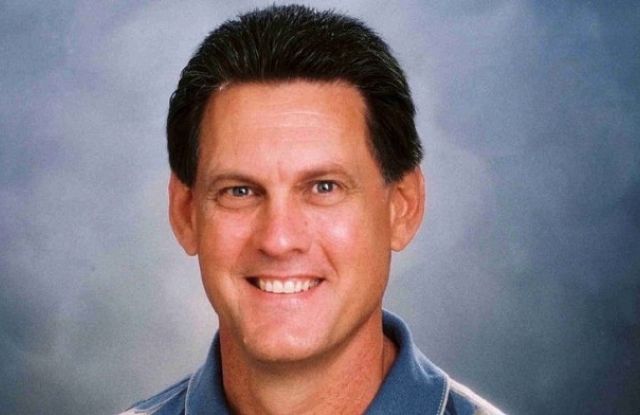Eldredge on our identity in Christ

Yesterday’s blog was about your identity in Christ. Most
young people discover their identity in the context of some kind of
journey. I’ve committed my life to help them understand how epic that
journey can be – full of tragedy and triumph. They need to see the
amazing possibilities available to them. John Eldredge, author of Wild At Heart, has written some great stuff on this theme. He writes the following in his first book:
 We are not what we were meant to be, and we know
We are not what we were meant to be, and we know
it. If, when passing a stranger on the street, we happen to meet eyes, we
quickly avert our glance. Cramped into the awkward community of an elevator, we
search for something, anything to look at instead of each other. We fear to be
seen. But think for a moment about the millions of tourists who visit ancient
sites like the Parthenon, the Colosseum, and the Pyramids.
Though ravaged by
time, the elements, and vandals through the ages, mere shadows of their former
glory, these ruins still awe and inspire. Though fallen, their glory cannot be
fully extinguished. There is something at once sad and grand about them. And
such we are. Abused, neglected, vandalized, fallen—we are still fearful and
wonderful.
We are, as one theologian put it, “glorious ruins.” But unlike those
grand monuments, we who are Christ’s have been redeemed and are being renewed as
Paul said, “day by day,” restored in the love of God.
Could it be that
we, all of us, the homecoming queens and quarterbacks and the passed over and
picked on, really possess hidden greatness? Is there something in us worth
fighting over? The fact that we don’t see our own glory is part of the tragedy
of the Fall; a sort of spiritual amnesia has taken all of us. Our souls were
made to live in the Larger Story, but as Chesterton discovered, we have
forgotten our part:
“We have all read in scientific books, and indeed, in
all romances, the story of the man who has forgotten his name. This man walks
about the streets and can see and appreciate everything; only he cannot remember
who he is. Well, every man is that man in the story. Every man has forgotten who
he is. . . . We are all under the same mental calamity; we have all forgotten
our names. We have all forgotten what we really are. “
(The
Sacred Romance, 92, 94)



I’m a huge Eldredge fan! I even have a signed copy of one of his books. My wife got to meet him when he officiated the wedding of her nephew a few years ago. His words from Wild at Heart and The Sacred Romance served to validate stuff I always secretly believed.
If you have a minute check out Ashley’s Xanga. http://www.xanga.com/L2ashbash
Caleb
I got the impression from reading Eldredge that he wants us to discover ourselves through through self indulgent adventure. I remember some talk about mountain climing and other “guys” stuff and I don’t remember much about the adventure found in suffering with Jesus. His message seems to only apply to someone in the developed world and wouldn’t crossover to the poor. Perhaps I misunderstood. I’m not sure Christ is truly found in unfruitul adventure.
Justin, I hear you. We have too much of narcissistic spirituality in America. Perhaps Eldredge plays into this consumerism of faith, but I also appreciate how he says that any kind of adventure or romance really points us to the Greater Story with Christ. In response to your “unfruitful adventure” comment, I would argue that Christ is found anywhere. I want to add the caveat “if sought with the right heart,” but I’m not so sure that that’s always true. Did Paul have a right heart, or did Jesus just come busting through his life? I think Christ is found in the wild, the garbage dump, the inner city, the crack house, the suburbs, the megachurch, the small rural town, and anywhere else that needs hope and redemption.
bottom line is that Eldridge is horribly sexy. i love staring at that picture of him.